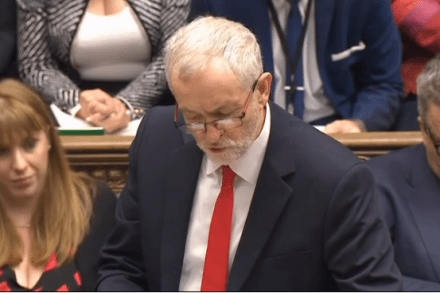Ballots and bullets
From ‘The golden opportunity’, 31 March 1917: The proposal not to give women votes till they are 26 might well be modified by making all persons come of age politically at 26, but with the proviso that any man who had served in His Majesty’s Forces, naval or military, during the war should be given a vote whatever his age. There can be no better basis for a vote than such service for the state. Those male persons who from the impediment of ill-health or engagement in a special trade failed to join the combatant forces should not enjoy the suffrage till 26. Those who have gone through the fire of war or prepared



















